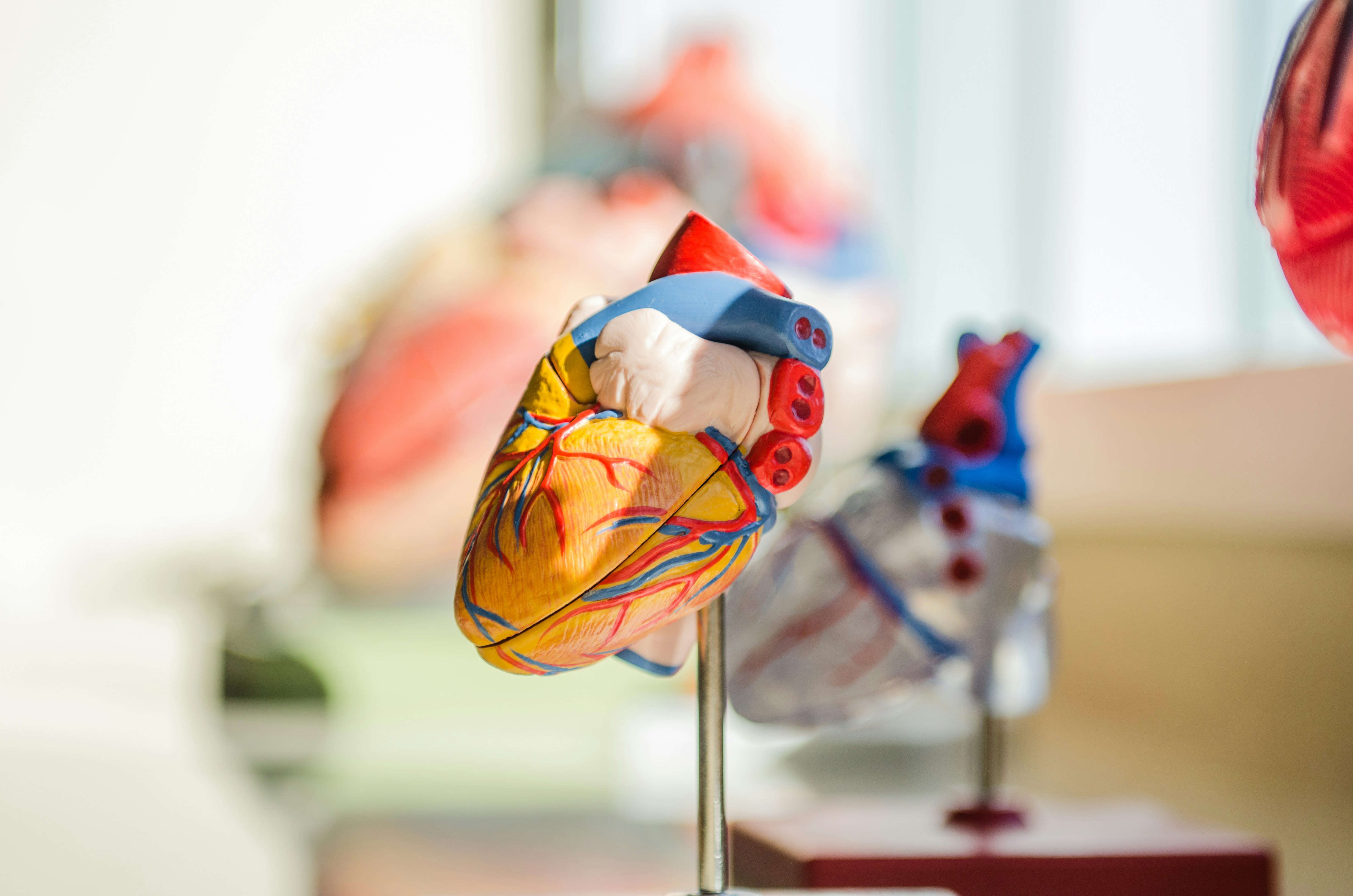15.11.2024
Diet for a healthier heart

Consuming certain foods can increase or decrease the risk of varying cardiovascular diseases. If you are fearful of specific heart conditions, haven’t been eating well for years, or just want to fine-tune your diet, healthy eating can make a big difference in your life.
Recent findings suggest that diets rich in fruits, vegetables, legumes, whole grains, and lean protein prevent heart disease. On the other hand, it’s recommended to avoid highly processed foods, foods rich in sodium, trans fats, sugar, and sweeteners.
The Mediterranean, DASH, and plant-based diets are the current leading diets for cardiovascular health.
The most crucial cardio-metabolic risk factors when it comes to heart diseases are diabetes, hypertension, dyslipidemia, and large amounts of abdominal fat; all these factors are influenced by diet.
Below, we list some general tips for a diet that is healthy for the heart and the cardiovascular system and can have preventive effects when it comes to heart disease:
- Fruits and vegetables: Fruits and vegetables are rich in fiber, vitamins, and minerals. They often have small amounts of fat, sodium, cholesterol, and calories. A diet rich in fruits and vegetables can also help lower the number of calories you consume.
- Lean protein refers to protein with little fat. Non fatty meats, poultry, fish, eggs, and dairy products, which are low in fat, are all excellent protein sources. Legumes like beans and chickpeas are also excellent protein sources without many fats.
- Whole-grain wheat is an excellent source of fiber and other nutrients that play a crucial role in cardiovascular health and blood pressure regulation. Switching from white flour to integral and whole grain wheat is very easy. The nutritional value of whole grain wheat is incredibly higher than that of white flower, which has its nutrients mostly removed by its processing, considering most of them are in the membrane of the grain.
- Fats: Some fats are healthier than others. Saturated and trans fats increase cholesterol levels and worsen the risk of heart disease. Fats that come from plant sources are most often healthy. Foods rich in saturated fats are animal products like butter, cheese, milk margarine, ice cream, and fatty meats like bacon. Unhealthy fats are also found in packaged snacks and sweets.
Aside from this, one should keep in mind portion sizes. Uncontrollable overeating can be bad even if the food is healthy. Paying attention is important, and using smaller plates or bowls can help, as can a diet filled with lower-calorie foods like fruits and vegetables.
Avoiding foods with large amounts of sodium, sugar, and salt can help regulate blood pressure and thus improve general cardiovascular health.
Consistency in a diet can be tricky, especially in the beginning when habits are being formed. Planning and creating a meal plan for longer periods can help you think of healthier meals and reduce the risk of making worse choices.
Too rigorous a diet can lead to “burnout,” abandoning the diet plan, and binging on unhealthy foods. While treating yourself occasionally is okay, it doesn’t represent an excuse to leave a healthy diet.
If you want to seriously improve your cardiovascular health and diet, you can seek advice from your doctor or nutritionist.
8 steps to a heart-healthy diet. (n.d.). Mayo Clinic. https://www.mayoclinic.org/diseases-conditions/heart-disease/in-depth/heart-healthy-diet/art-20047702
Diab, A., Dastmalchi, L. N., Gulati, M., & Michos, E. D. (2023). A Heart-Healthy Diet for cardiovascular Disease Prevention: Where are we now? Vascular Health and Risk Management, Volume 19, 237–253. https://doi.org/10.2147/vhrm.s379874
Take action toward better heart health: | NHLBI, NIH. (n.d.). NHLBI, NIH. https://www.nhlbi.nih.gov/heart-truth/eat-a-heart-healthy-diet
Your trusted partner in finding medical information. We offer access to reliable resources and make it simple for you to get in touch with qualified medical service providers. Our goal is to assist you in achieving optimal health through dependable information and ongoing support, whether it's advice, a physical examination, or expert consultation.